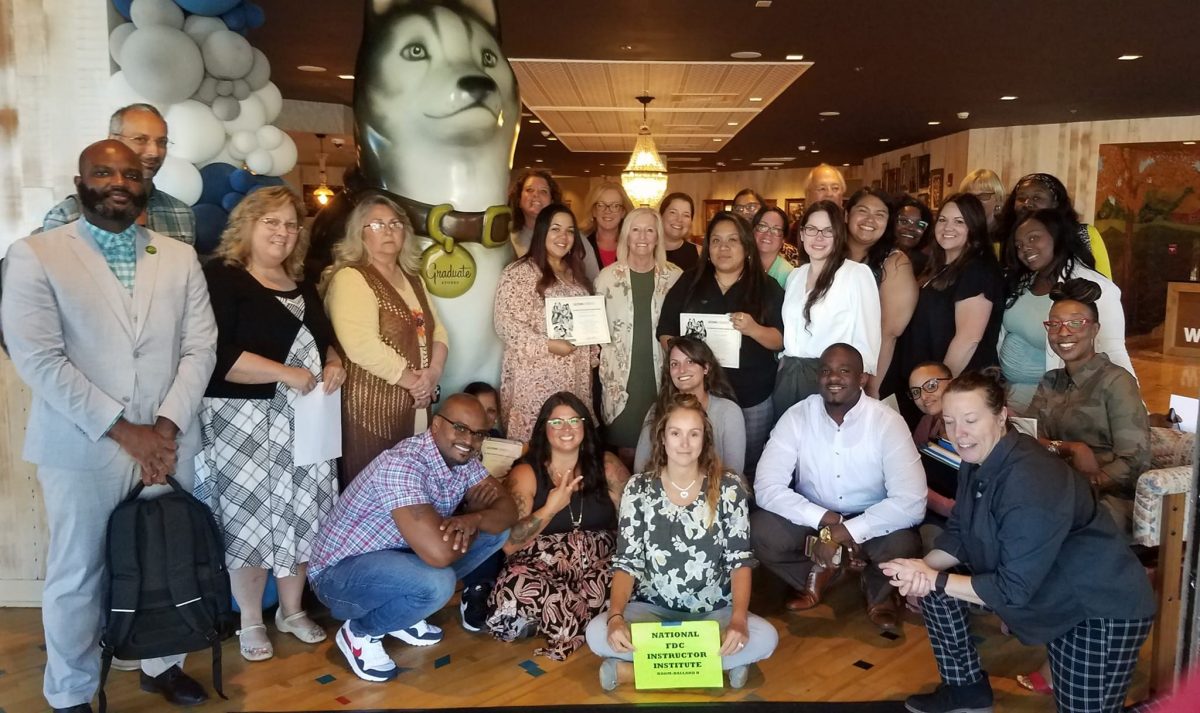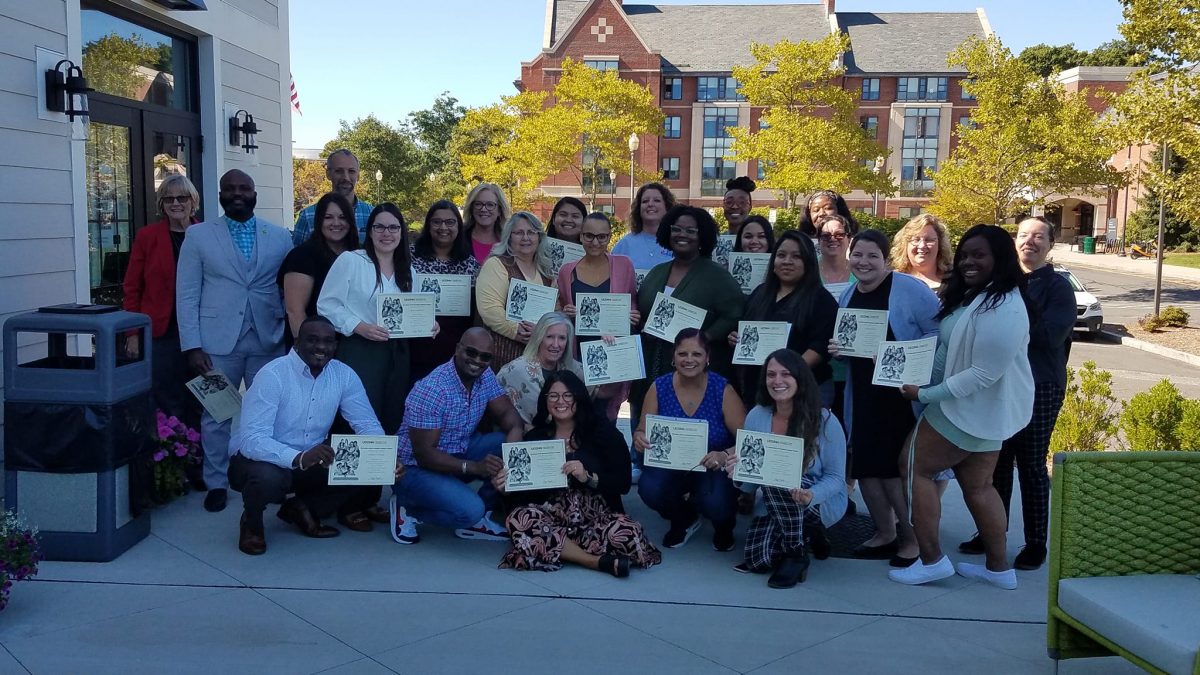



César Abadía-Barrero is part of the Fulbright U.S. Scholar Program for the following project:
Understanding peace building through Buen Vivir in Caquetá, Colombia
My ethnographic and community-based collaborative research seeks to investigate how an
intercultural community of displaced peasants and indigenous peoples in Caquetá is building
peace through the incorporation of the principle of Buen Vivir. Roughly translated into English
as “good living,” “good life,” or “living beautifully,” Buen Vivir is an indigenous cosmology and
epistemology of the Andean region, most prominent in Ecuador and Bolivia. It can be described
as a way of life that prioritizes interconnectedness among humans, non-humans, and the rest of
the natural world. Significantly, Buen Vivir entered the realm of peace building in Colombia
through the 2016 peace accord between the national government and FARC-EP, where it appears
as a guiding principle for the design and implementation of the comprehensive rural reform
provision. Given the radical potential for transformation that Buen Vivir represents, its inclusion
in the Colombian peace accord is notable.
My Fulbright research project aims to shed light on whether indigenous epistemologies such
as Buen Vivir can contribute not only to peace building in Colombia but to confronting
environmental degradation. Increasingly, societies will benefit from understanding the efforts to
repair relationships among humans and between humans and nature. This project, grounded in
anthropology but largely interdisciplinary, aims to contribute to this line of scientific and
political enquiry.
The project is taking place in Caquetá. This departamento (equivalent to state in the U.S.) is
located in Colombia’s southwest. Because of its geographic location, spanning Andean
mountains and Amazonian plains, Caquetá was one of the epicenters of the country’s armed
conflict, with 75% of its population being victims. However, Caquetá’s ecosystems and
community resilience represent a unique opportunity to explore how humans and nature can heal,
and whether the guiding principle of Buen Vivir can transform Colombian society towards
peaceful relationships.
My project contributes to these emerging debates around people’s relationships with nature,
sense of good living, and territorial belonging within the context of post-peace accord settings
and alarming rates of environmental degradation. In particular, it asks: how do inter-cultural and
diverse communities negotiate new meanings about their territories and design actions that align
with their ideals of what they want their territories to become? How do their actions confront the
legacies of violence against humans and against nature?